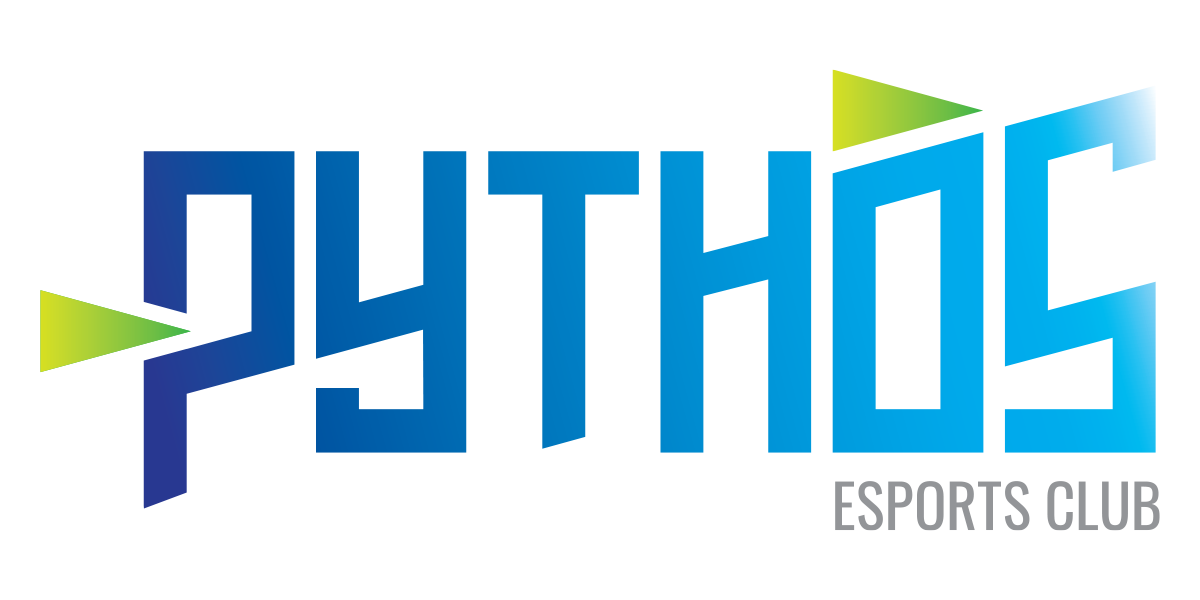24 Jun Sam Wright: the South African CS:GO talent making it big
(ESI Illustration) Image credit: Sam Wright / Pinnacle / DotX Talent
Starting your esports career in a region that is not known for tier one esports is like playing a game on hard mode the first time you boot it up. Sam ‘Tech Girl’ Wright, one of South Africa’s best-known gaming and esports personalities, can certainly vouch for that.
Starting out in the South African CS:GO scene, Wright made a name for herself by creating esports content on her blog and YouTube.
Her passion and authenticity drew attention and Wright was soon one of the premier broadcast talents in the region, working with numerous high-profile brands and esports companies. In April this year she changed representation, leaving Code Red Esports to join DotX Talent, Morgan Sports Law‘s esports and gaming agency.
Fresh from hosting the Pinnacle Cup, an A-Tier European CS:GO event, Esports Insider sat down with Wright to find out about her improbable journey through South African esports.
Esports agency DotX Talent launches player transfer service
Making a positive impact: diversity and inclusion in esports businesses
ESI: What was it like to start working towards your esports goals in South Africa?
Wright: Full disclosure: I didn’t have esports goals when I started out. South Africa was so far behind that the idea of having a career in esports broadcasting wasn’t even an option on the table. I knew a lot of the CS:GO players from when they were younger, grinding for mousepads: a big tournament would be announced and they would get so excited but I knew that, after the lights were switched off, the local media would go on to the next brand focused event.
That bugged me, so I decided I would keep the conversation going. I started writing South African CS and esports focused pieces on my blog and making cringe-worthy YouTube videos to try to draw attention to the stories of the players and teams. I wasn’t doing any of that thinking “Ooh this could be my job,” – I sort of fell into the broadcast side when someone shoved a mic in my hand and was like, “Here try this.”
ESI: The esports scene in South Africa isn’t talked about much in Europe. Can you paint me a picture of the overall state of the esports industry in the country?
Wright: I think if you imagine the European esports scene ten years ago, that’s where South Africa is at now. We have a small group of really passionate people trying to make things happen but there is still a struggle for corporate buy-in – and a good few snake oil salesmen in the mix too. South Africa also has a host of socio-economic issues to deal with which means we have a much smaller community of gamers, nevermind esports players.
Despite this, we’re a passionate region and we have had some breakouts into international esports. Trevor “Quickshot” Henry (League of Legends shoutcaster), Julio “Beast” Bianchi”(the first African FIFA player to qualify for the FIFAe World Cup) and Johnny “JT” Theodosiou (CS:GO player for Complexity) are all South African exports.
We’re also starting to see a handful of people earn a monthly salary from the esports industry in South Africa: be it as players or working behind the scenes for tournament organisers. We’re slowly building but many of us chose to focus on international work and hopefully bring back what we learn at a later stage.
Sam Wright spoke to Esports Insider after hosting the Pinnacle Cup. Image credit: Sam Wright / DotX Talent
ESI: You just hosted the Pinnacle Cup Championship – your first major CS:GO event outside of South Africa. Your career has taken a recent leap forward with this event – how did that happen and how do you ensure that you keep growing as a talent in esports?
Wright: I started my esports journey in CS in South Africa: it was the game I loved. However, when I started working in Europe, I was told the CS talent pool was too big (and deep) and there wasn’t space for me there. I wanted to work and learn, so I decided to cut my teeth on other titles and improve – and it’s been great, no doubt about that. I love telling players’ stories and making them the focus, so I worked on doing that no matter what title or event I was hired for.
At the start of 2022 I signed to a new talent agency, DotX Talent. During our initial conversations they asked what I wanted from my career, and I figured I’d “shoot my shot” and mention something I’d somewhat given up on: my desire to find a space in Counter Strike. I’d just finished working a job with Black Molly Entertainment on another title, and after DotX and BME had a chat, they mentioned Pinnacle Cup and offered me the gig.
Stage hosting the Pinnacle Cup Championship is the highlight of my career so far – getting to work with players I’ve watched and shouted for, for years, was something special. I think [Black Molly Entertainment] took a big chance on me and so did DotX pushing me for that job. I’ll forever be grateful to both of them.
Wright got her start in CS:GO in her local scene.
ESI: How did it compare to working in CS:GO tournaments in South Africa?
Wright: The production teams are bigger and far more experienced – they have the know-how to put together an incredible show. The audience is larger. The level of play is far higher. However, the job is the same – the players are the heroes and I need to make sure I do justice to their stories while still entertaining and informing whoever is watching.
When working in CS in South Africa I’m always attached to the players because I’ve watched them for so long, know most of them personally, and have followed their journeys for years. It’s the same for international CS, in a way: I’ve watched these players for years and followed their stories – granted from afar as a fan. Reining in the inner fangirl at bigger events is tough, but I think I hid it semi-well at Pinnacle (at least until the cameras turned off when I could also take selfies with some of the legends who were there!).
ESI: Alongside broadcasting you’ve also worked with some big-name brands like Logitech, Reebok and Toyota. Why do you think those brands are drawn to working with you?
Wright: Around 4 or 5 years ago I decided I wanted to tell stories around esports and competitive gaming. Over time I’ve built a small and passionate community who want to access those stories and, I hope, feel the same passion I do. I think brands want to tap into that passion and find ways to have me tell their stories too – as well as sell products, of course.
I work with brands I like and always bring in my voice into the work I do with them. I’ve also got a bit of an atypical audience in that the majority of my community is built up of women, which is often not the case in the esports and gaming scene as a creator.
Essentially, I try to be authentic in everything I do which I suppose is a good link for a brand? As you can tell I actually don’t know for sure, that’s why I decided to sign with a good talent agency – they’re better at understanding all of this stuff than I am! I’m just stoked that I get paid to talk about and watch esports!
ESI is going to Singapore in July. To buy a ticket or find out more, click here.
ESI: What would your advice be to South African talent that want to follow in your footsteps?
Wright: The hard truth is you need to either have an international passport, get a long-term work visa, or move to Europe. I have a British passport (thanks Dad!) which means travel is less limiting to me than someone with a South African passport who needs a VISA for almost every country they want to work in.
Other than the admin side, my advice has always been to remember you’re not the star here: your job is to aid in creating stars (the players and teams). Keep that front of mind. In South Africa paying esports jobs are hard to come by, so if you feel like there aren’t opportunities, make your own – even if they’re cringe YouTube videos or random blog posts. Also, don’t let anyone ever tell you that being from South Africa means it can’t be done. I’ve always had a bad trait in that if someone tells me I can’t do something, I’ll go do it to prove a point – channel that energy.
If you would like to find out more about Wright, you can follow her on Twitter here, or check out her profile on DotX’s website here.
Supported by DotX Talent
CS:GO, Europe, Interviews, DotX Talent, Sam Wright


No Comments